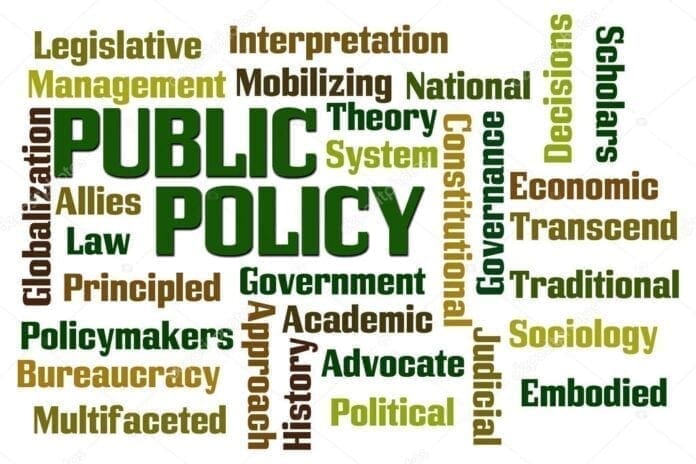I have been known to skim headlines and automatically develop an opinion without reading the article. Sometimes I don’t want to read the article because my emotional reaction is so strong that I don’t want to go any deeper, so I skim by, mumbling to myself.
We all have triggers, right?
A couple of weeks ago, a work partner sent an action alert to me, advising that I keep my eye on a bill that states people owing child support must be current before they receive government benefits. I read it without commenting and moved on. But then it was updated and sent again. He pointed out that people can’t pay child support if they’re broke and some people can’t get a job without receiving assistance.
Finally, because this guy is one of my favorites in this work, I felt as if some response was necessary because we’re buddies, and so I replied, “My kids’ dads aren’t behind on child support because they’re broke. Haha” I tried to make light of it, but the truth is, this was one of those subjects that I reacted to because of my negative personal experiences. I hadn’t taken any time to think about it from any angle other than one with a petty slant, and I didn’t want to.
My heart said that the man not paying support to me doesn’t “deserve” government assistance. I was thinking of no one else except myself and my kids.
And then my buddy replied to me. Because he is who he is, he apologized for not being more sensitive, which was unnecessary, really. He went on to explain about the amount of paperwork and difficulty this would create for “our families.” His sincere and simplistic comment made sense to me, so I stopped what I was doing and began to use my head to think instead of my heart.
I listed scenarios of how this would create difficulty for some women who I know, and, before you knew it, I was convinced that this bill was apt to make a lot more pain than sense. He had given me what I needed to change my mind: the thought of women who were victims of domestic violence.
Another one that I receive a lot of questions about is the child custody 50/50 split that’s been introduced. I read what the elected sponsor had to say about the bill. I read what the supporting organizations said about the bill. And then I read the professionals’ opinions who are opposed to it. One such organization spoke directly to families of domestic violence. If this bill becomes law, individuals who have been victims of domestic violence will have to provide proof as to why the 50/50 split isn’t best for the child.
That means that some women I know will have to sit in court, facing their abuser, and relive all the trauma again; trauma that isn’t always reported because the fear overrides anything else. Talking about it is hard enough, spoken by me, a survivor, but doing it while scared to death that you’ll have to interact with your abuser – while you’re terrified of losing a custody battle – while looking your abuser in the face.
Well, that’s next level.
Both bills mentioned here will profoundly affect victims of domestic violence. How many women will attempt to stay as far away from the process as they can for fear they’ll have to one day face their abuser, especially when they can’t afford a good lawyer? Thinking about it makes me cry, to be honest. I mean, if an abuser pays child support to get benefits then when does the petition for visitation come? And who is going to believe that you were abused if you never reported it?
If it’s not reported doesn’t mean it didn’t happen. And the least we can do is hold lawmakers accountable for becoming so familiar with domestic violence that they automatically consider the impact of their decisions on victims and survivors every single time they draft and push to pass legislation, especially for our most vulnerable.
That’s a way to support victims and survivors that has probably never occurred to most of us. We need to make sure they’re mentioned in these conversations! We need to make sure society understands what domestic violence is, learns to recognize abuse, and gets involved. The comments, the assumptions and judgments … stop that!
You don’t know what a person has lived through.
If you are a victim of domestic violence, contact the National Domestic Violence Help Line at 1.800.799.7233. It’s free and confidential. Please reach out.
This is written in honor and remembrance of Misty Davis, who died this past week, a victim of domestic violence. Misty was a mother who reached out to me a couple of years ago and, in the process, became a friend.
May she rest in peace.


